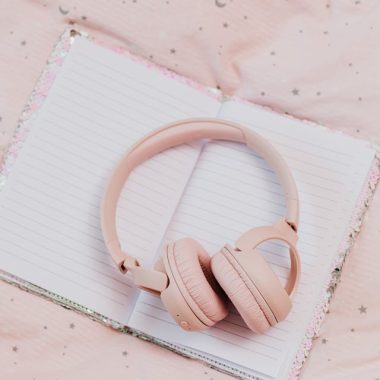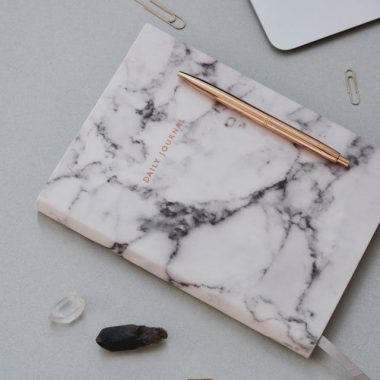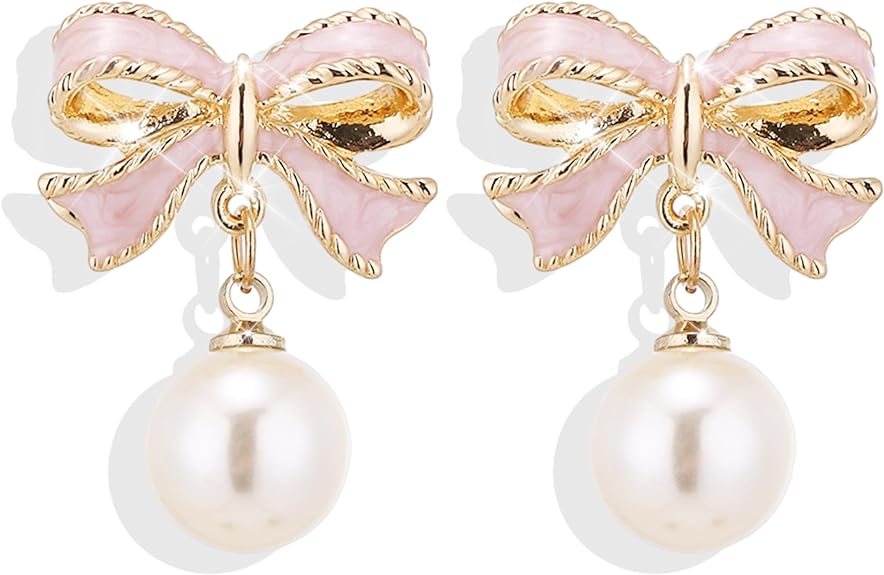There is something almost magical about keeping a diary. It feels like having a private corner of the world that belongs only to you. A diary holds your thoughts, your secrets, your dreams, your silly little moments, and even the things you do not say out loud. But even though keeping a diary sounds simple, the hardest part is usually staying consistent and actually knowing what to write.
So let us talk about how to keep a diary in a way that feels natural, fun, and sustainable. No perfection. No pressure. Just real and honest writing that helps you understand yourself better.
Here is the ultimate guide to keeping a diary that becomes your safe space and your daily anchor.
Start With Why You Want A Diary
Before you even open the notebook, pause for a moment and figure out what role you want your diary to play. Some people want a diary for emotional release. Others want to keep memories, track habits, or express creativity.
When you know your intention, writing becomes easier because you understand what you want to get from the experience.
Here are a few reasons you might want a diary:
- To process your feelings
- To track your personal growth
- To document your daily life
- To understand your patterns and routines
- To manifest and visualize your goals
- To spark creativity and imagination
- To slow down your mind
Your reason can change over time. What matters is that your diary feels like a place that supports your life instead of something you force yourself to maintain.
Choose A Diary That You Actually Enjoy Using
The journal you choose makes a big difference. You want something that feels inviting every time you look at it.
Here are some things to consider:
- Do you like hardcover or softcover
- Do you prefer blank pages, lined pages, or dotted pages
- Do you want a huge journal that lasts a full year or a smaller one that feels easy to carry around
- Do you want a minimal aesthetic or something full of color
Pick a notebook that feels like you. When your diary feels beautiful or comforting, you naturally feel more motivated to open it.
If you prefer digital journaling, that works too. Apps like Day One, Notion, or even your notes app can make daily entries quicker and easier. The goal is to choose a format you will stick with.
Create A Ritual Around Your Diary Time
Your diary becomes so much more meaningful when you connect it to a daily ritual. It does not need to be complicated. A simple routine that signals your brain that it is time to reflect can make all the difference.
Here are a few ritual ideas:
- Write every morning while drinking a warm cup of tea or coffee
- Write at night right before bed to clear your mind
- Light a candle to set a calm atmosphere
- Play soft background music
- Sit by a window for natural light
- Use your favorite pen that glides smoothly
The ritual makes your diary feel like a moment of peace rather than a task on your to do list.
Do Not Overthink What To Write
This is where most people get stuck. They stare at the page and feel pressure to write something deep or profound. The truth is that your diary does not need perfect sentences.
You can write:
- Messy thoughts
- Half formed ideas
- Daily updates
- Random observations
- Rants you need to get off your chest
- Lists
- Short reflections
A diary is not a masterpiece. It is a snapshot of your inner world. Let yourself write badly if needed. What matters is that you show up, not that your writing is polished.
Use Prompts When Your Mind Feels Empty
Some days you have so much to say that you cannot write fast enough. Other days your brain feels completely blank. In those empty moments, prompts are a lifesaver.
Here are some diary prompts you can use anytime:
- What is something I felt today and why did I feel it
- What is one thing that stressed me today
- What made me smile today
- What am I avoiding and why
- What am I grateful for at this moment
- What do I wish I could change in my life
- What am I proud of this week
- What have I learned about myself lately
- What is a small moment I want to remember
- What do I need right now
Prompts open the door when your mind refuses to cooperate.
Mix Different Styles Of Entries
Writing the same type of entry every day can get boring, so feel free to mix things up. Your diary can be a blend of everything that helps you express yourself.
Here are different types of entries you can try:
- Stream of consciousness writing
- Short bullet lists
- Gratitude notes
- Goal tracking
- Habit tracking
- Memory keeping
- Doodles and sketches
- Quotes you loved
- Letters to your future self
- Reflections on conversations or events
Your diary does not need one writing style. It can be an entire collection of your inner world.
Record The Small Things Too
A lot of people mistakenly think diaries are only for big emotional moments or dramatic events. But the beauty of a diary is in the tiny details.
Write about:
- What you ate
- Something funny someone said
- A dream you had
- A new place you walked past
- A random thought that crossed your mind
- A small win you want to celebrate
One day you will flip through these pages and smile because you realize how much these tiny moments shaped your life.
Be Completely Honest With Yourself
A diary is the one place where you never have to pretend. You do not need to be strong. You do not need to filter yourself. You do not need to hold back.
Say the things you cannot say out loud.
Write what scares you.
Write what excites you.
Write what frustrates you.
Write what hurts.
Write what you hope for.
Honesty makes your diary powerful because it becomes a mirror that shows you who you truly are.
Add Reflections To Track Your Growth
Every week or month, set aside a moment to look back at your entries. This is where the real growth happens. When you re read your thoughts, patterns start to appear.
Ask yourself:
- What emotions keep repeating
- What habits need improvement
- What goals did I accomplish
- What made me happy consistently
- What do I want to change moving forward
Your diary becomes a guide. It shows you what your next steps should be.
Keep Your Diary Safe and Private
Privacy gives you emotional freedom. If you feel like someone might read your diary, you will start censoring yourself. So make sure your diary stays safe.
You can:
- Keep it in a drawer or bag
- Use a simple lockable diary
- Keep your digital journal behind a password
- Write in code for personal matters if that makes you feel safer
You deserve a space where you can be fully unfiltered.
Do Not Try To Be Perfect or Consistent Every Day
Some days you will write four pages. Other days you will not write at all. That is normal. Do not shame yourself for missing a day. Consistency matters, but perfection does not.
Think of journaling like a friend. You come back to it whenever you need it. The diary will always be there.
Let Your Diary Evolve With You
Your diary will change as you grow. The way you write at twenty will not be the same way you write at thirty. Let your diary evolve naturally.
Maybe one year you want to focus on gratitude. The next year you want to document your healing journey. Later you want to track your goals. The evolution is part of the beauty.
Your diary grows with you.
Conclusion
Keeping a diary is one of the most intimate and transformative habits you can develop. It slows your mind, sharpens your self awareness, and gives you a safe place to land when life feels overwhelming.
You do not need to write perfectly. You do not need to write every day. You simply need to show up when you can and let the pages hold your heart.
Your diary is your story and you get to write it exactly the way you want.


